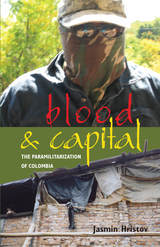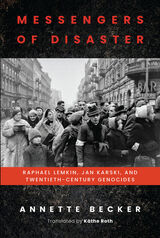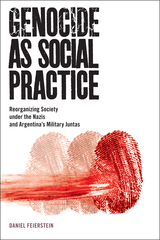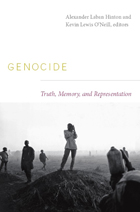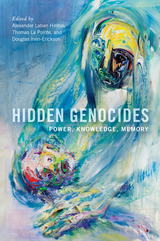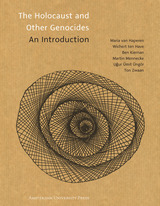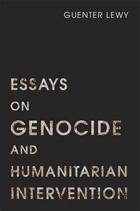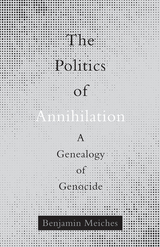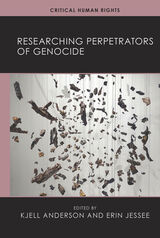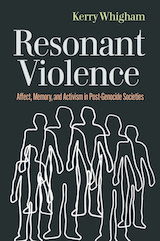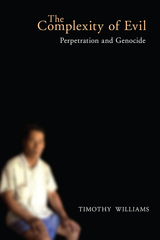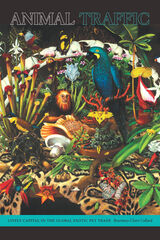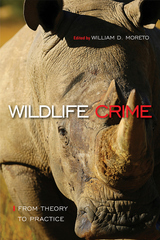Colonialism Is Crime
Rutgers University Press, 2019
Cloth: 978-0-8135-9872-7 | Paper: 978-0-8135-9871-0 | eISBN: 978-0-8135-9873-4
Library of Congress Classification HV6322.7.N53 2019
Dewey Decimal Classification 362.8808
Cloth: 978-0-8135-9872-7 | Paper: 978-0-8135-9871-0 | eISBN: 978-0-8135-9873-4
Library of Congress Classification HV6322.7.N53 2019
Dewey Decimal Classification 362.8808
ABOUT THIS BOOK | AUTHOR BIOGRAPHY | REVIEWS | TOC
ABOUT THIS BOOK
There is powerful evidence that the colonization of Indigenous people was and is a crime, and that that crime is on-going. Achieving historical colonial goals often meant committing acts that were criminal even at the time. The consequences of this oppression and criminal victimization is perhaps the critical factor explaining why Indigenous people today are overrepresented as victims and offenders in the settler colonist criminal justice systems. This book presents an analysis of the relationship between these colonial crimes and their continuing criminal and social consequences that exist today. The authors focus primarily on countries colonized by Britain, especially the United States. Social harm theory, human rights covenants, and law are used to explain the criminal aspects of the historical laws and their continued effects. The final chapter looks at the responsibilities of settler-colonists in ameliorating these harms and the actions currently being taken by Indigenous people themselves.
See other books on: Colonization | Crimes against | Developing & Emerging Countries | Imperialism | Indigenous peoples
See other titles from Rutgers University Press


